RESPONSIVE CITIES SYMPOSIUM 2021: DESIGN WITH NATURE
The Institute for Advanced Architecture of Catalonia (IAAC) is conducting the final symposium of the BUILD Solutions Project in Barcelona to be held from the 11th-12th November 2021. Responsive Cities is a bi-annual international symposium on the future of cities organized by the Advanced Architecture Group of IAAC.
The 2021 edition focuses on “Design with Nature” and takes place within the framework of the Building Urban Intelligent Living Design Solutions (BUILDs) project, co-funded by the Erasmus+ Programme of the European Union and developed by the Institute for Advanced Architecture of Catalonia – IAAC- (Spain), Université de Lorraine -UL- (France), Vienna University of Economics and Business -WU- (Austria), Ersilia Foundation (Spain), ECONICK (France), Plant-e (Netherlands), City Facilitators -CF- (Denmark), and GreenTech Challenge -GTC- (Denmark).
Despite cities having strengthened their economy, efficiency, and liveability over the last decades, they are still facing major issues such as pollution, rising inequities, and unemployment. These already harmful conditions are furthermore aggravated by catastrophic events such as the current pandemic. New planning paradigms that recognize the importance of ecology to respond to these challenges are being developed, by integrating living systems in urban environments aimed at improving cities’ socio-economic and environmental conditions.
Living systems integrated in cities are also known as Nature-Based Solutions (NBS), defined as “living solutions inspired by, continuously supported by, and using nature, which are designed to address various societal challenges in a resource efficient and adaptable manner and to provide simultaneously economic, social, and environmental benefits” (European Commission, 2015). NBS can help address several challenges through the provision of multiple ecosystem services such as life support (soil formation and oxygen production); procurement (production of food, drinking water, raw materials or fuel); regulation (climate control and tidal waves, water purification, pollination); and cultural values, including the aesthetic, educational, and recreational values. Design-optimized strategies can help reintegrate nature in cities by transforming urban spaces into liveable, productive, and biodiverse systems.

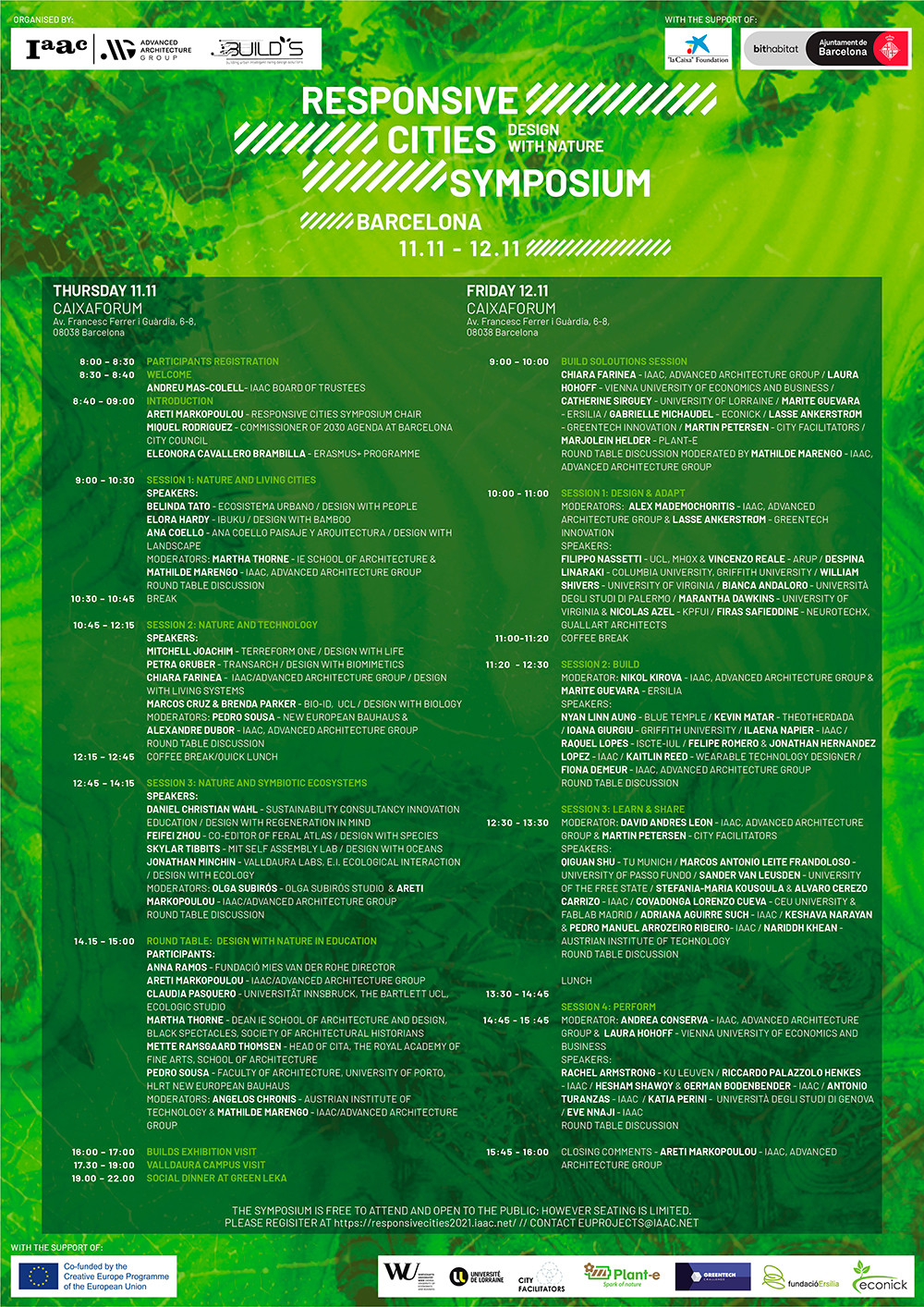
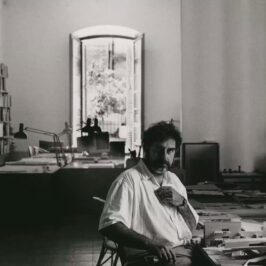
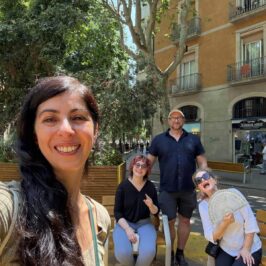

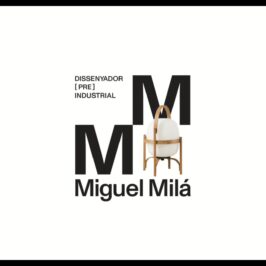

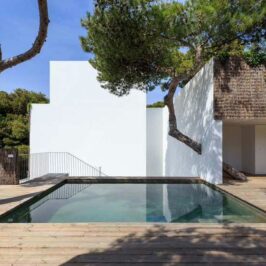
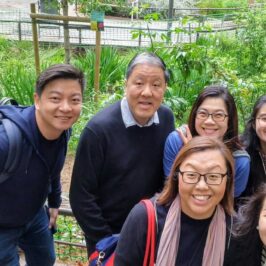
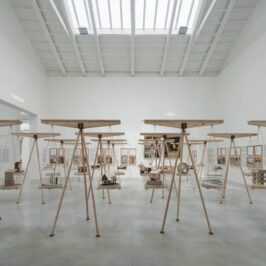

Leave a Reply